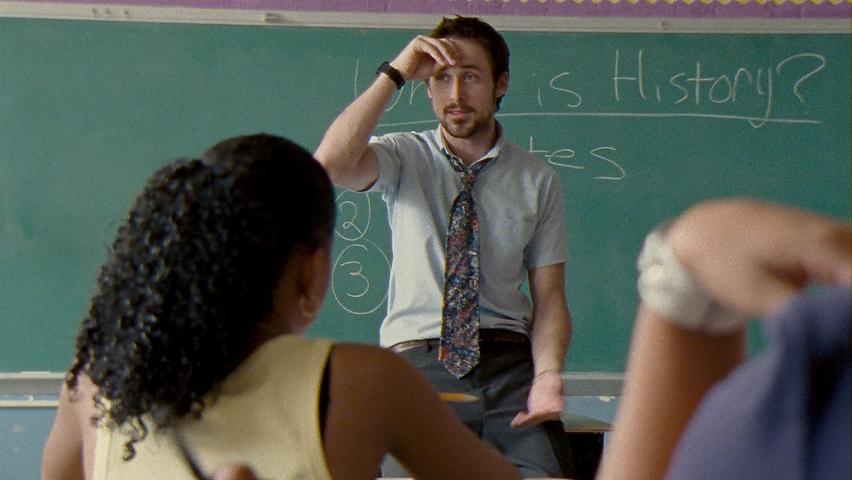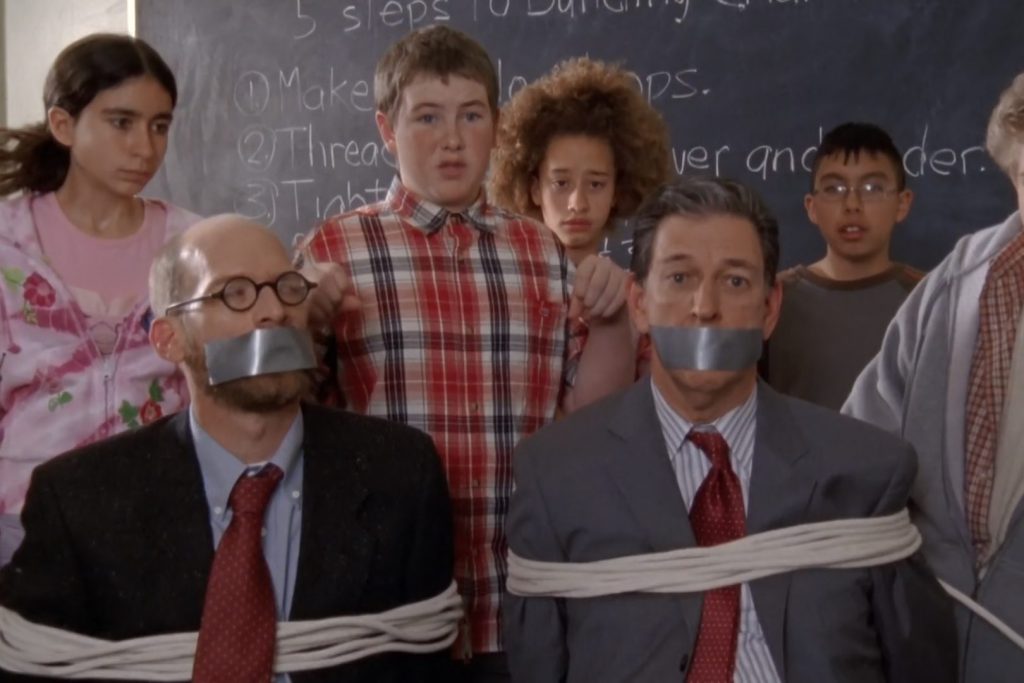Poll Says Nearly All Teachers Unhappy With Job
Teachers are being targeted, teachers are burned-out, and now, teacher satisfaction is being reported at record low levels.

The state of education in America is in disarray. A culture war is now centered around public schools and what is being taught. Things erupted when schools shuttered their doors to the COVID pandemic, and teachers and parents alike felt the uptick in aggravation. Teachers, in fact, are often the brunt of the blame for the feud, and there has been immense speculation of a mass teacher exodus because of it. Now, a new poll shows just how low teacher satisfaction currently is, adding more fuel to the flame hinting at an even bigger issue heading towards public schools in the nation.
The Winston School of Education and Social Policy at Merrimack College conducted a teacher survey on behalf of EdWeek. The poll surveyed more than 1,300 teachers between January 9th and February 23rd and was enacted as a means to weigh teacher satisfaction. The results tell a story of a career in dire strait. While a little more than half of the respondents in the teacher satisfaction survey said they were satisfied, only 12% reported being very satisfied with their jobs.

The last time a survey of this type was conducted, it was done so ten years ago by MetLife. The MetLife Survey of the American teacher ran for more than 25 years but abruptly ended in 2012. The last time MetLife ran the teacher satisfaction survey, 39% of teachers answered that they were very satisfied with their jobs.
The new teacher satisfaction survey polled teachers with other questions regarding the climate surrounding public schools as well. More than half of them responded that they would not advise their younger self to pursue a career in teaching. Furthermore, the survey found that 44% of current teachers said they’re likely to quit and find a different job within the next two years.
There are plenty of data, research, and polls currently being discussed in the news regarding a mass exodus of teachers in the profession. Across the nation, state legislatures this year have already discussed new laws to ramp up teacher retention to stave off teacher shortages. Similarly, news reports often suggest that in some states, teacher shortages are so high, that they might “run out” of teachers soon. But while teacher satisfaction is so low that many educators report thoughts of leaving the profession behind, research often suggests that many of those who plan to quit never actually do so.

When it comes to public perception, teachers didn’t fare well with how they are viewed in the teacher satisfaction survey. About a quarter of the polled educators reported that they don’t feel like students’ parents respect them. Similarly, only a little less than half of the teachers said they feel that the general public respects their work as a professional.
It’s no secret that news outlets have been showing a darker side of education in the past year. With political agendas to push, many Republicans now tout a teacher indoctrination issue inside classrooms. Much of this issue came to light amid recent legislation passed in Florida regarding what teachers can say in classrooms regarding gender identity. And with the ease with which people can take to their phones and record themselves, many teachers are now under fire for accusations of teaching children to be gay. It’s no wonder the majority of educators in the teacher satisfaction survey felt this way about public perception.
The painted picture from the teacher satisfaction story could show how the effects of burnout and public opinion can really hinder public education. Throughout the war on teachers, potential future educators are watching the culture war unfold. And if the path perpetually leads to blaming our youth’s educators, will an influx in new teachers become an issue down the road?



